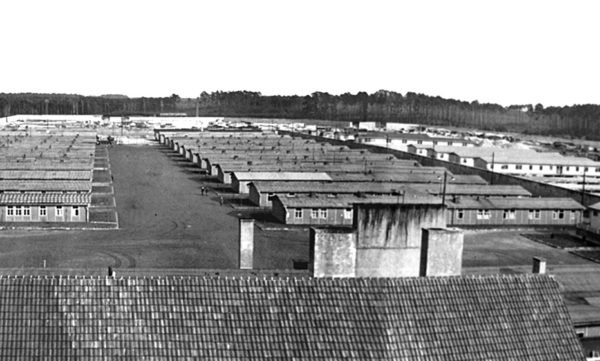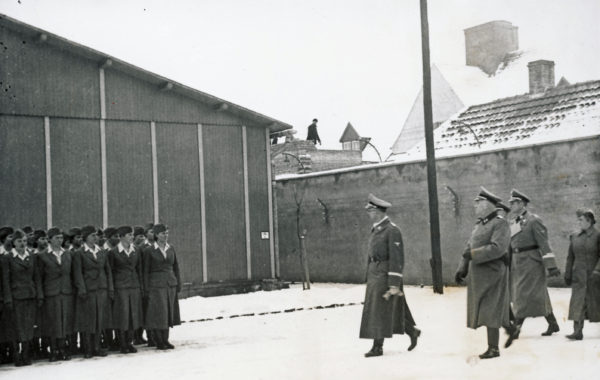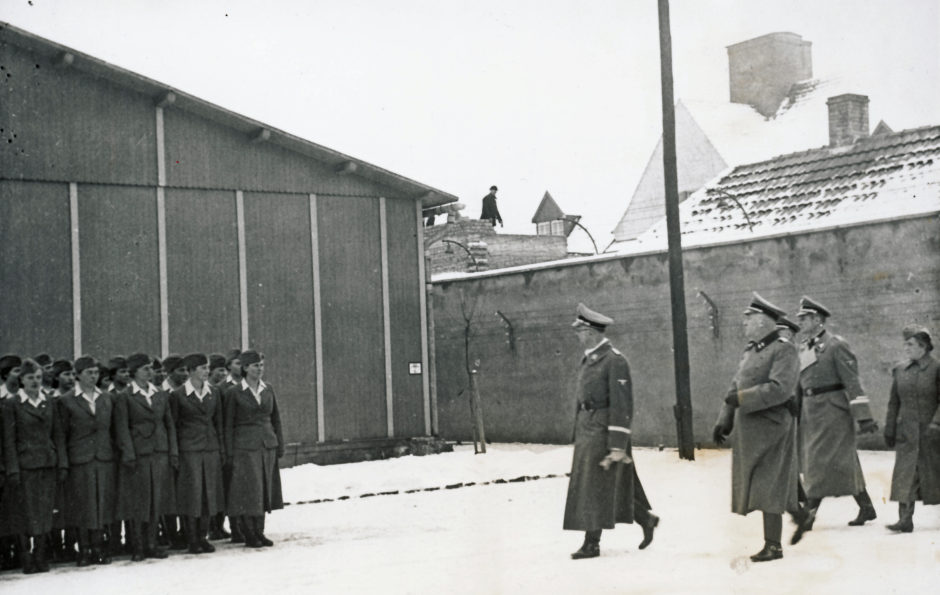Johanna Langefeld was a Nazi war criminal with a difference.
A German national, she appears to have been the only known concentration camp guard whom some of her victims actually liked.
In The Case Of Johanna Langefeld, a documentary currently making the rounds of film festivals, Wladek Jurkow and Gerburg Rohde-Dahl examine her checkered legacy through the medium of interviews with Polish survivors, Germans whose parents knew Langefeld, and a German historian.

Posted to Ravensbruck and Auschwitz Birkenau, Langefeld is remembered as a matronly figure who resorted to punishment and interrogation techniques to keep prisoners in line. Although she was an ardent Nazi and a fierce antisemite, she seems to have had a soft spot for the Polish prisoners of Ravensbruck, an exclusively women’s camp north of Berlin where she was in charge of female guards.
As a former prisoner recalls, she was no angel, but compared to the other guards, she was kind and treated the Poles like human beings, say two of the survivors.
Born in 1900 in what is now the Ruhr Valley city of Essen, Langefeld was married at the age of 24. After the death of her first husband, she had an affair with her tenant and gave birth to a son, Herbert, whom she dearly loved.

Like all the guards at Ravensbruck, which held mostly political prisoners, Langefeld lived in comfortable quarters on its grounds. The guards under her supervision tended to be cruel and heartless, often abusing prisoners physically and mentally.

For reasons still clear, Langefeld’s treatment of Polish prisoners was humane. As a result, she made a “positive impression” on them, as a survivor notes. By contrast, she dealt harshly with Jewish prisoners.
From March until September 1942, she worked in Auschwitz. She was disturbed by the gassings and found the atmosphere unbearable. Transferred back to Ravensbruck, she could no longer perform her duties in good conscience. It would appear that Auschwitz had seared her soul.
In the spring of 1943, she was relieved of her job by the SS and was subsequently accused of corruption and fraud. This facet of her career is left unexplored and remains murky. Having apparently cleared her name, she moved to Munich and worked at a BMW factory.
Arrested by the U.S. occupation army in December 1945, Langefeld was imprisoned in Dachau, a Nazi concentration camp, and then extradited to Krakow, Poland, to stand trial.
Having learned of her fate, some of the Polish women who had known her in Ravensbruck, including a Jewish woman, wrote an impassioned letter to the authorities defending Langefeld and requesting her release. It’s not clear what answer they received, but shortly afterward, they convinced the prison guards to set her free.
For the next few years, she was protected and sheltered, in part, by the Polish women who had been victimized by her. In 1957, Langefeld settled in West Germany, supporting herself as a sales clerk in an Augsburg department store.
She died in 1974, two years after the West German government had pressed charges against her. Until the end of her days, Langefeld, a deeply ambivalent figure, sought atonement and understanding, which few, if any, of her non-Polish victims were probably prepared to grant.

